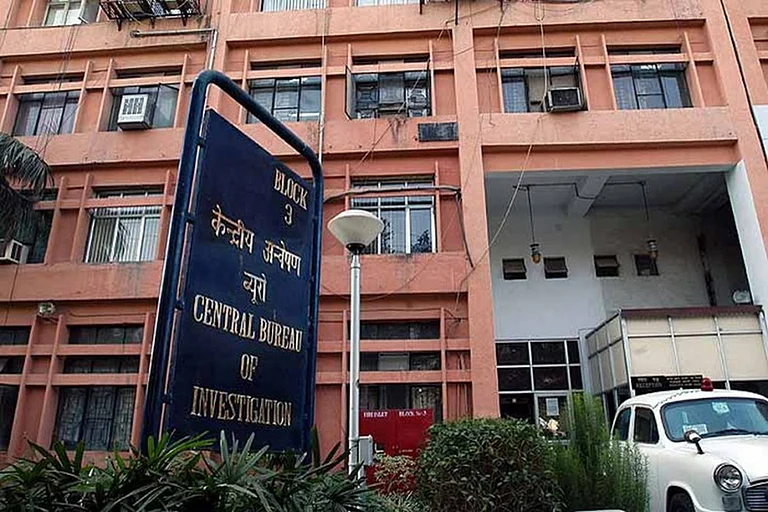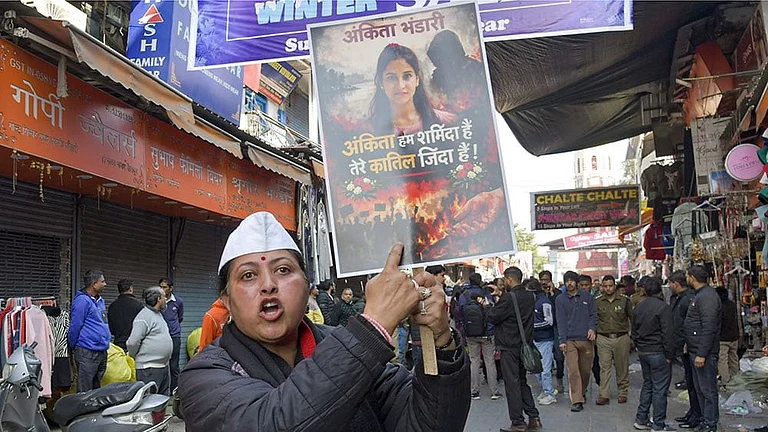
Summary of this article
The Supreme Court on Tuesday allowed CBI to register six more cases to probe into the "unholy nexus" between banks and developers.
The bench had earlier allowed the agency to to register 22 cases.
The top court is hearing a batch of petitions filed by over 1,200 homebuyers, who booked flats under the subvention plans in various housing projects in NCR.
The Supreme Court on Tuesday allowed CBI to register six more cases to probe into the "unholy nexus" between banks and developers to dupe homebuyers in real estate projects in Mumbai, Bengaluru, Kolkata, Mohali and Prayagraj. The court noted that the preliminary inquiry has found a cognisable offence being made out, PTI reported.
A bench of Justices Surya Kant, Ujjal Bhuyan and N Kotiswar Singh allowed the CBI to proceed as per law after Additional Solicitor General Aishwarya Bhati, appearing for the agency, stated that it has completed preliminary inquiry in projects of the various builders except Supertech Ltd, falling outside Delhi-NCR in Mumbai, Bengaluru, Kolkata, Mohali and Prayagraj.
Bhati said that the agency is willing to register six cases for speedy investigation. The bench asked her to share portions of the sealed cover report with the amicus curiae advocate Rajiv Jain.
The bench had earlier allowed the agency to to register 22 cases to probe the "unholy nexus" between banks and developers to dupe homebuyers in Delhi-NCR. The cases were related to builders operating in NCR and development authorities in Uttar Pradesh and Haryana.
Under the scheme, banks had transferred the sanctioned amount directly to the accounts of builders, who were then required to pay EMIs on the sanctioned loan amount until flats are handed over to homebuyers. After the builders defaulted on the payment, the banks began demanding the EMIs from the homebuyers.
The top court is hearing a batch of petitions filed by over 1,200 homebuyers, who booked flats under the subvention plans in various housing projects in NCR, especially Noida, Greater Noida and Gurugram, alleging they were being forced by banks to pay EMIs despite no possession of flats.
With PTI inputs























